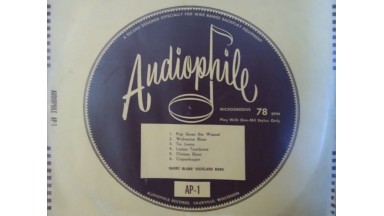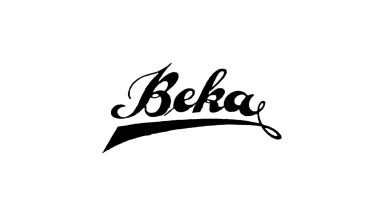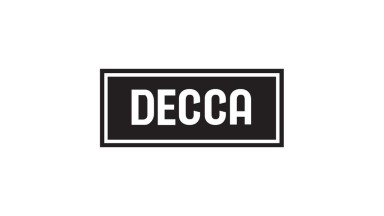
Audiophile Records, the famous record label of hight fidelity sound
New Orleans  USA
USA
Audiophile Records, founded in 1947 by Ewing Dunbar Nunn, is a historic label that initially focused on producing Dixieland jazz recordings. Known for its dedication to high fidelity sound, Audiophile's approach was deeply rooted in Nunn's passion for exceptional audio quality. A collector since the 1920s and an advocate for monophonic sound over stereophonic, Nunn sought to elevate the listening experience by engineering records with unparalleled clarity. His early works garnered praise from High Fidelity magazine and audio pioneers like G.A. Briggs, the creator of Wharfedale speakers.
Initially based in Saukville, Wisconsin, the label moved to Mequon in 1965. Its early releases included 78 rpm recordings, such as the iconic Pop Goes the Weasel (AP 1) by the Harry Blons Dixieland Band, which featured multiple tracks that demonstrated Nunn's commitment to sonic excellence. These early albums, pressed on transparent red vinyl, were notable for their unique aesthetics and superior sound, distinguishing Audiophile Records in the burgeoning high-fidelity market.
In 1969, Nunn sold the label to Jim Cullum Sr. and Jim Cullum Jr., musicians known for their performances with the Happy Jazz Band. Under their ownership, the label expanded its repertoire while Nunn continued as chief engineer, maintaining his rigorous standards of quality. The Cullums' recordings, especially their contributions to the Dixieland jazz genre, brought additional vitality to the label's catalog.
By the 1970s, Audiophile Records became part of the Jazzology group, under the management of the George H. Buck Jr. Jazz Foundation, ensuring its legacy continued within the wider framework of jazz preservation.
Audiophile's early decision to press records at 78 rpm stemmed from the belief that this format offered superior fidelity. Over time, the label transitioned to 33 1/3 LPs and, eventually, to stereo, adapting to advancements in recording technology. Despite these changes, Audiophile remained synonymous with meticulous production, earning a revered place in the annals of high-fidelity sound and jazz history. Its catalog, encompassing early classics and later innovations, remains a collector's treasure and a testament to Nunn's visionary approach to sound engineering.











